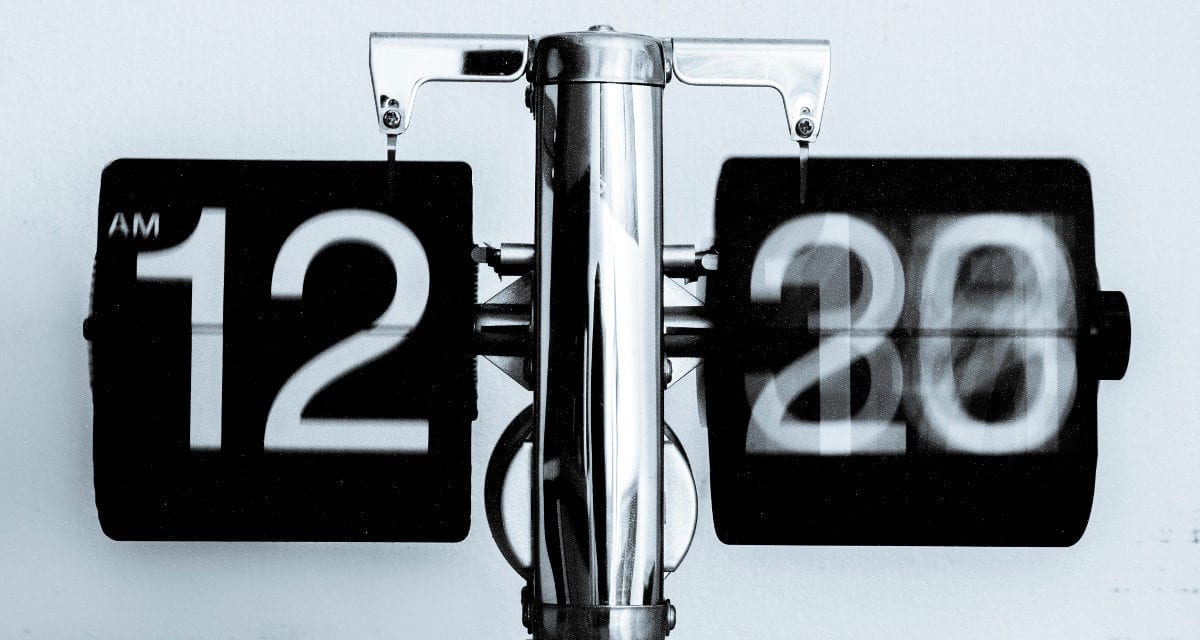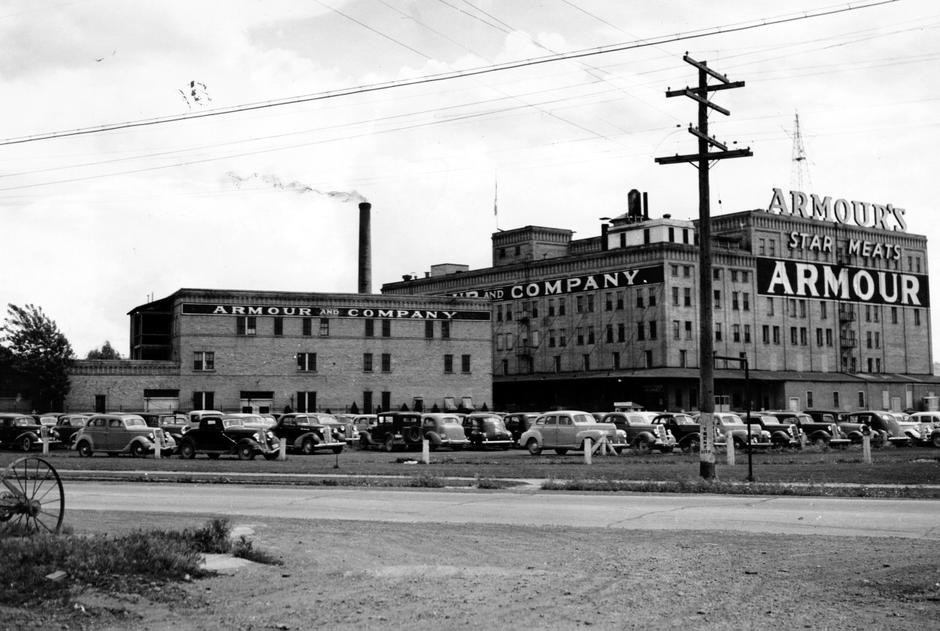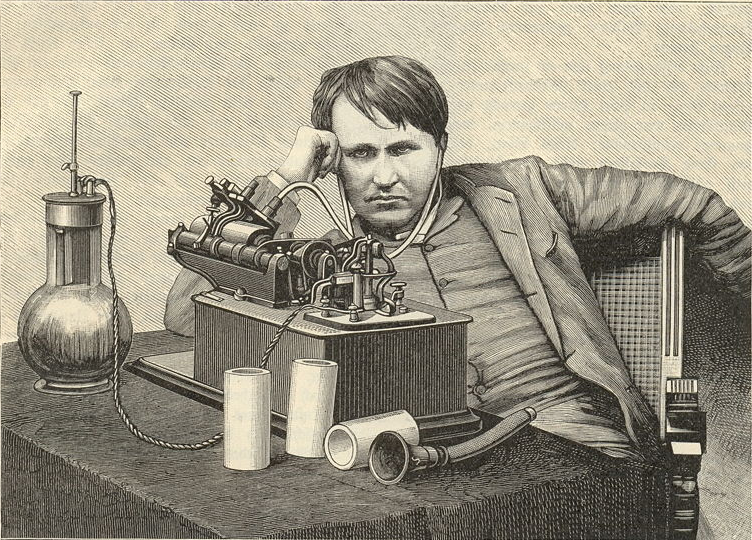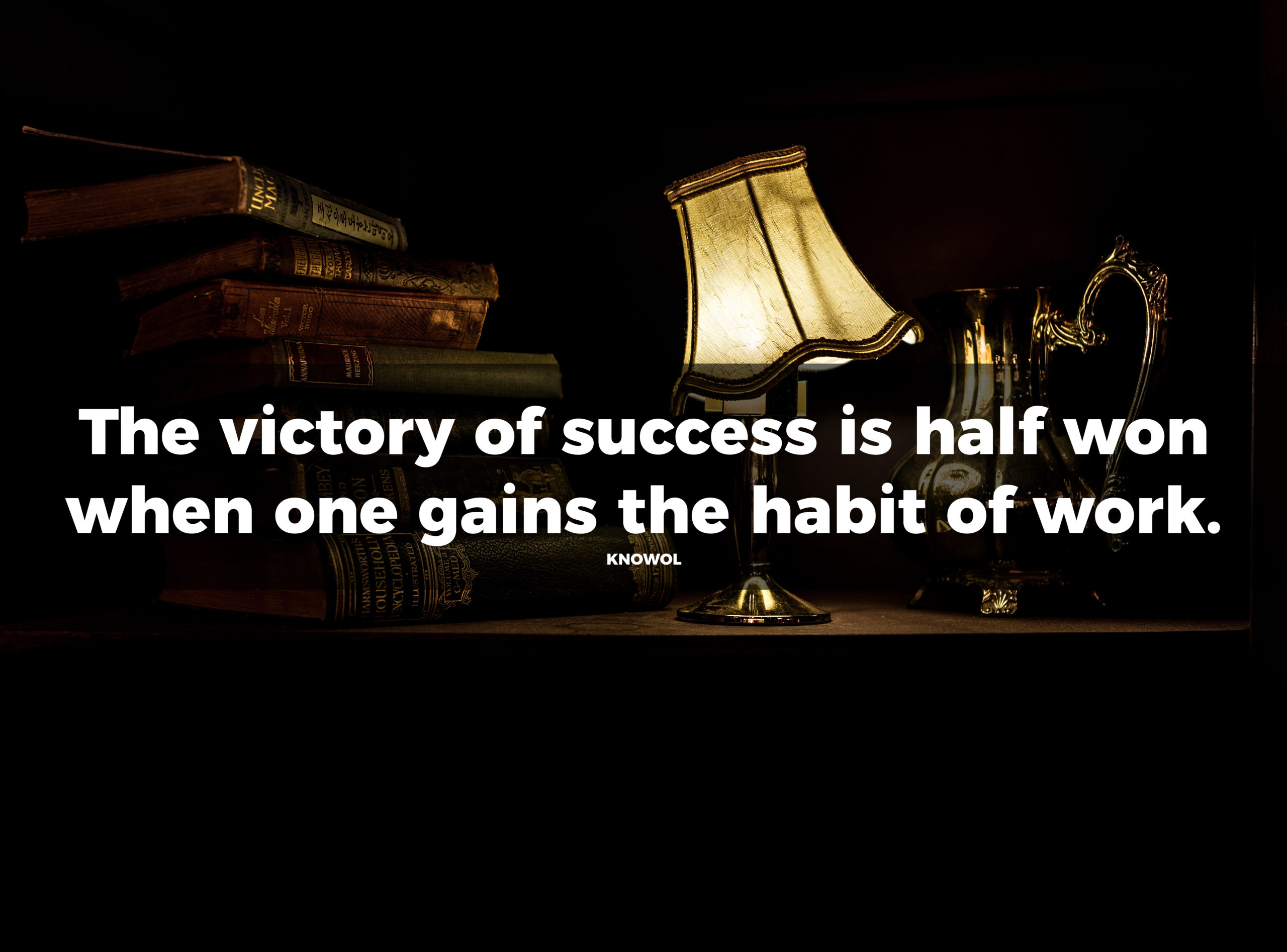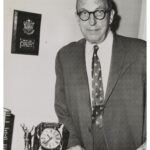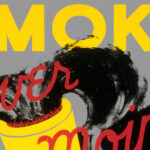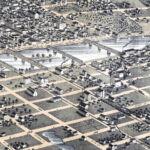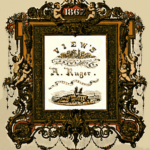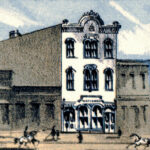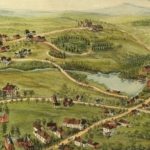This advice on success and time management was written by Arthur Brisbane, one of the best known American newspaper editors of the 20th century. He coached many successful business people of his time in the field of public relations, including Henry Ford, Thomas Edison and John D. Rockefeller.
Success Is a Result of Time Management
In these days, much of the profit and sometimes the whole of success depends upon utilizing the odds and ends, the so-called “by-products.” The by-product is something apart from the main article manufactured, and yet something that has an actual value of its own.
For instance, in the manufacture of gas there are many byproducts; these are obtained from the coal as the latter is made into gasoline. And these by-products, including the coke from the coal, actually suffice to pay the cost of the gas. All kinds of big businesses have their by-products, their little odds and ends that pay well.
In Mr. Armour’s enormous meat-factory, for instance, are endless by-products, from the pigtails which are dried and sold as a delicacy, to the hair of animals made into a powerful, valuable kind of rope. If Mr. Armour neglected making the hair rope, or selling the pigtails, it would have made a big difference in his dividends.
The point for the reader is this: The individual man does not manufacture, as a rule. But we are, all of us, dealers in time. Time is the one thing we possess. Our success depends upon the use of our time, and its by-product, the odd moment.
Each of us has a regular day’s work that he does in a routine, more or less mechanical, way. He does his clerking, his writing, his typewriting, or whatever it may be, so many hours per day. And that ends it.
But what about the by-product, the odd moments?
Do you know that the men who have found great success in this world are the men that have wisely used those odd moments?
Thomas A. Edison, for instance, was hammering away at a telegraph-key when he was telegraph-operator on a small salary. He didn’t neglect the by-product, the odd moments. He thought, and planned, and tried between messages.
And he worked out, as a by-product of his telegraph job, all the inventions that have given him millions, and given to the inhabitants of the world thousands of millions’ worth of dollars in new ideas.
Benjamin Franklin, in his story of his life, shows an endless number of such efforts along the lines using the odd moments. In a hundred different ways he managed to make the extra hours useful and productive.
What a man does in his odd moments is not only apt to bring him profit; it is apt also to increase his mental activity. The mind craves a change, and it often does well the unusual thing, out of the routine.
“Letting well enough alone” is a foolish motto in the life of a man who wants to get ahead. In the first place, nothing is “well enough,” if you can do better. No matter how well you are doing, do better. There is an old Spanish proverb which says,
“Enjoy the little you have while the fool is hunting for more.”
The energetic American ought to turn this proverb upside down and make it read,
“While the fool is enjoying the little he has, I will hunt for more.”
The way to hunt for more is to utilize your odd moments. Every minute you save by making it useful, more profitable, is so much added to your life and its possibilities.
Every minute lost is a neglected by-product, once gone, you will never get it back.
Think of the odd fifteen minutes in the morning before breakfast, the odd half-hour after breakfast, remember the chance to read, or figure, or think with concentration on your own career, that comes now and again in the day. All of these opportunities are the by-products of your daily existence. Use them, and you may find what many of the greatest concerns have found, that the real profit is in the utilization of the by-products.
Among the aimless, unsuccessful or worthless, you often hear talk of “killing time.” The man who is always killing time is really killing his own chances in life; while the man who is destined to succeed is the man who makes time live by making it useful.
Author: Arthur Brisbane

